Brian C. Johnson ’99 on Income Inequality
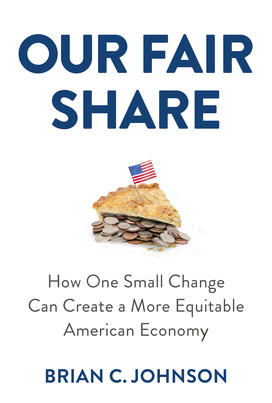
In his new book, Our Fair Share: How One Small Change Can Create a More Equitable American Economy, Brian C. Johnson ’99, CEO of Equality Illinois, argues that when a tiny percentage of Americans hoards wealth, the bonds that hold America together go under siege. While telling the stories of six diverse Americans, Johnson lays out a solution — the Citizen Dividend — through which all of us benefit from the collective wealth we build. PAW asked Johnson to recommend three more books about income inequality, and here’s what he suggested:
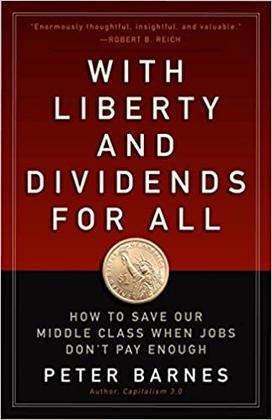
With Liberty and Dividends for All: How to Save Our Middle Class When Jobs Don't Pay Enough
By Peter Barnes
In a modern society, what do we own together? What are the implications of recognizing that some things — like our natural resources or our financial infrastructure — are owned jointly by all of us? Peter Barnes proposes that every American should receive a payment from a national dividend program — similar to Alaska’s Permanent Fund Dividend — financed by tapping into our co-owned wealth. Such a dividend would honor our joint ownership in America’s collective assets while helping to mitigate the shocks many middle-class Americans experience from our dynamic and fast-changing economy.
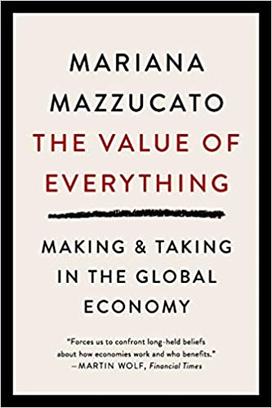
The Value of Everything: Making & Taking in the Global Economy
By Mariana Mazzucato
How did we come to believe that the price of something determines its value to people and society? Going back centuries, economist Mazzucato takes the reader through a historical journey mapping out how economists went from believing that the value of something determined its price to the inverse. She then shares many of the academic limitations and problematic policy implications of believing something’s value is set by how much money you can get for it. An accessible and fascinating read even for non-economists.
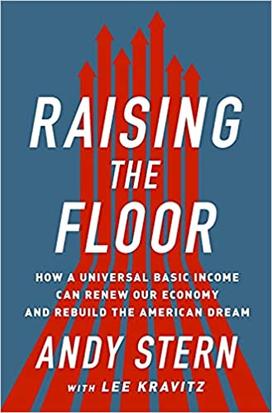
Raising the Floor: How a Universal Basic Income Can Renew Our Economy and Rebuild the American Dream
By Andy Stern
How do we respond to a world in which half of our jobs could be automated in the upcoming years? What will work look like when most of us might not have 9-5 jobs in the near future? Blending a recounting of research with vivid storytelling, labor leader Stern convincingly builds a case that a universal basic income — a guaranteed payment to every American every year — could help ensure Americans’ fundamental needs are met while freeing us all up to engage in our highest-use work.


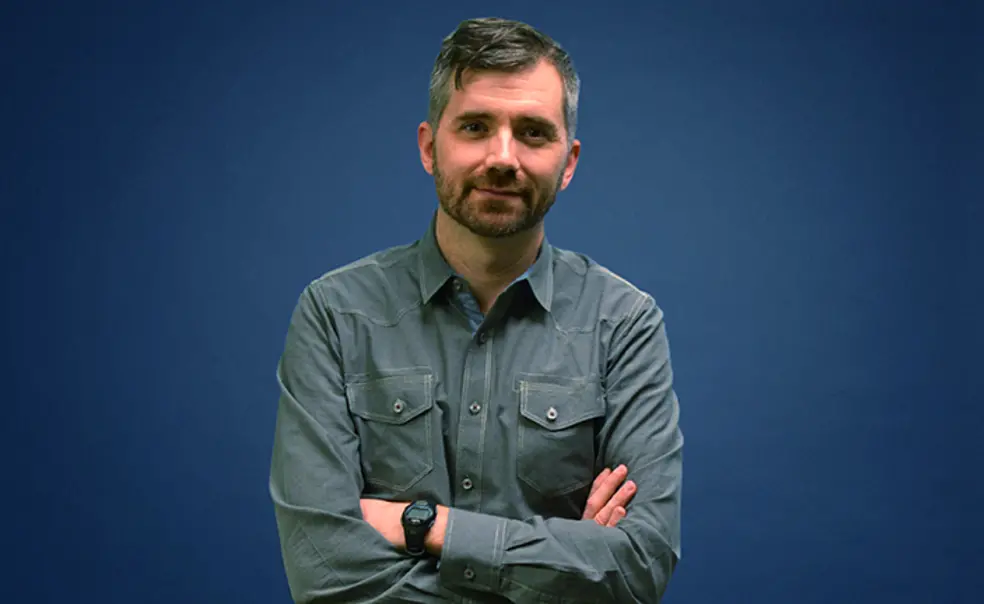







No responses yet